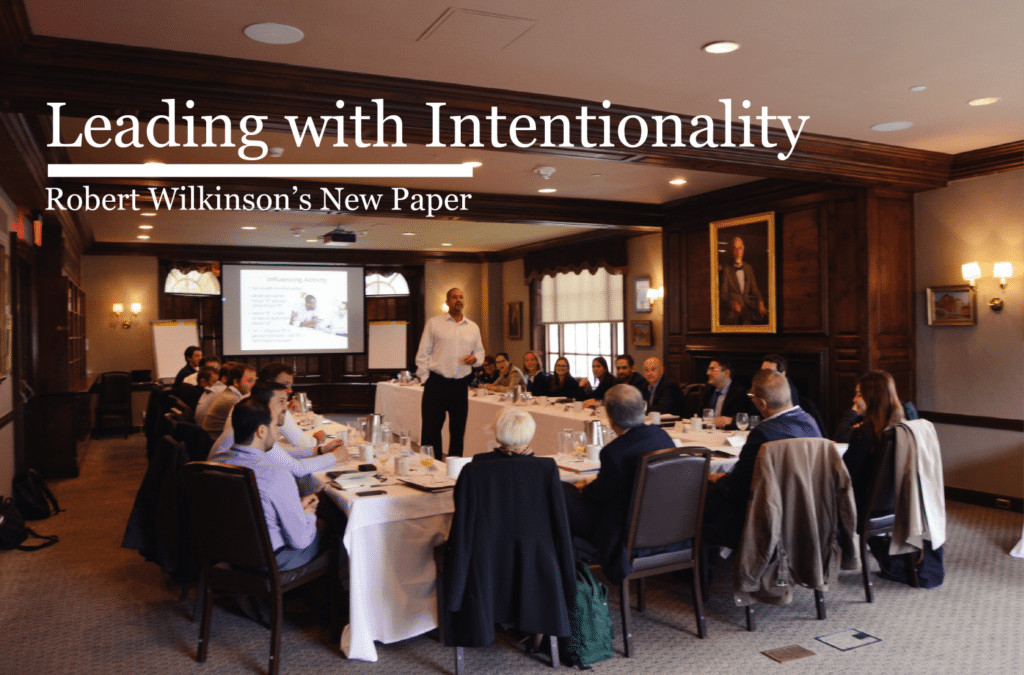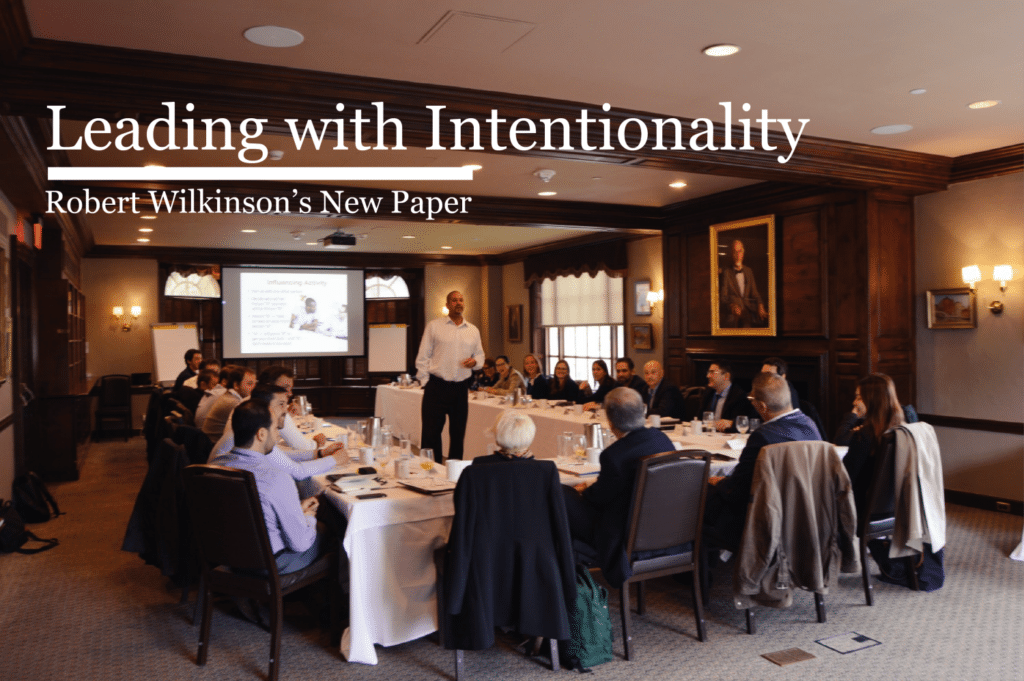What can CEOs and managers do to infuse their leadership with kindness and empathy?
Groysberg and Seligson share some effective ways to practice kindness as a matter of course:
“I hear you.” Really listen. Be fully present and don’t judge. Encourage employees’ questions and concerns.
“Are you okay?” Show a willingness to provide comfort and monitor for signs of distress such as social withdrawal and poor performance.
“What can we do to help?” Being kind might also involve taking an active role in offering mental health resources or creating a virtual support group or sounding board.
“How are you managing these days?”. For employees experiencing the pangs of social isolation, one company launched daily virtual coffee breaks. For those working while caring for children, leaders must be sensitive to issues of exhaustion and the difficulty of working during pre-pandemic office hours.
“I’m here for you.” Let your employees know routinely that you are there for them when they need to share concerns or simply require a sympathetic, nonjudgmental ear.
“I know you’re doing the best you can.” This statement is, with few exceptions, true. In scores of first-person accounts and on social media, people are reporting they are working harder than they did pre-COVID. This makes perfect sense; as layoffs and furloughs skyrocket, employees live in fear of losing their jobs.
“Thank you.” Say it with sincerity and say it often.
kindness is one of the most essential soft skills for good leadership. But in these times, it might be the most crucial one. To paraphrase Henry David Thoreau, kindness is an investment that never fails.




